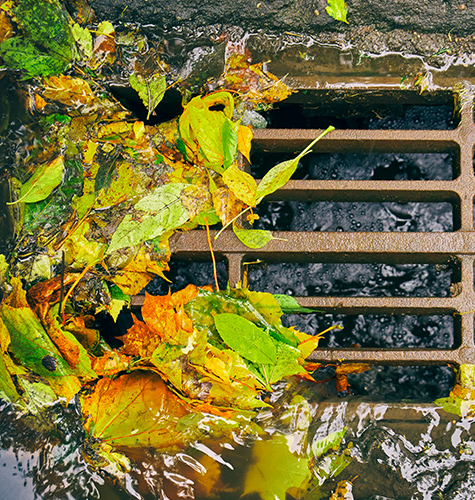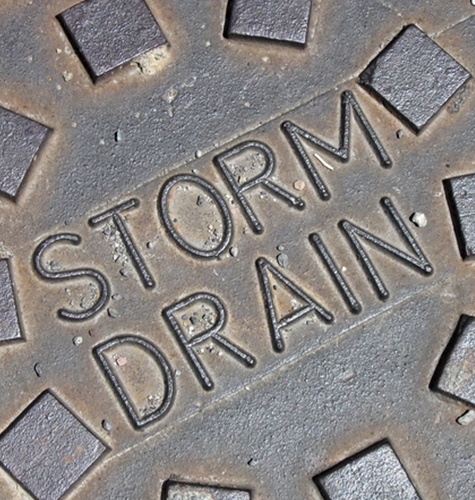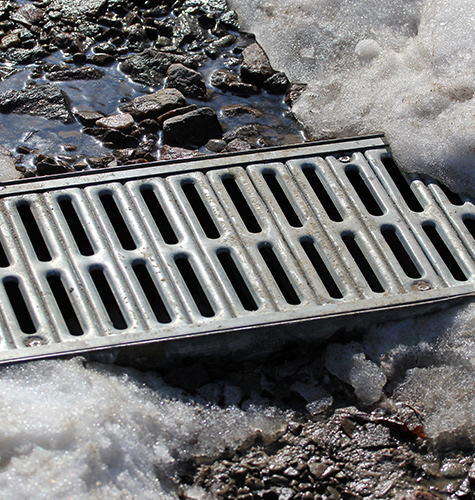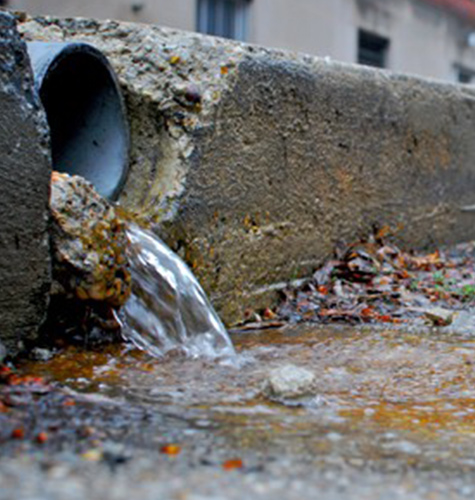View our most recent fact sheet: Spending Time Outdoors Has Mental Health Benefits
Stormwater runoff from rainwater or melting snow transports pollutants into the stormwater system and ultimately into our local streams. Roads, parking lots, driveways, and rooftops prevent water from soaking into the ground. Instead, a large amount of stormwater goes directly into our streams. Because this stormwater runoff is not cleaned or filtered, many of our streams are polluted.
Stormwater can pick up sediment and harmful nutrients such as phosphorus and nitrogen, which in high levels can have toxic effects on animal, plant, and human life. Planting warm-season grasses and other native plants can help to filter these pollutants out before going into our streams.
Pennsylvania’s MS4 Program was developed to help reduce the negative effects of stormwater pollution. Together, we can all do more to improve local water quality.
You can communicate these tips to your residents:
- Stormwater best management practices include native trees, shrubs, and perennial grass plantings that help filter stormwater pollutants and reduce stormwater volumes and rates.
- Experiencing the natural environment has restorative properties and provides medical benefits such as boosting the immune system, reducing stress, and lowering risk of early death.
Feel free to use the fact sheet and any other materials on this page in any communication or educational outreach to local residents and business owners.
You cannot protect the environment unless you empower people, you inform them, and you help them understand that these resources are their own, that they must protect them.
~Professor Wangari Maathai
If you have other ideas you’d like to see us address in our MS4 educational tools, please contact us!




